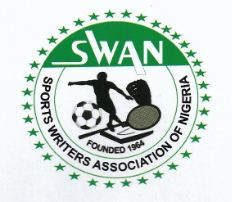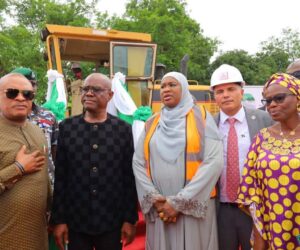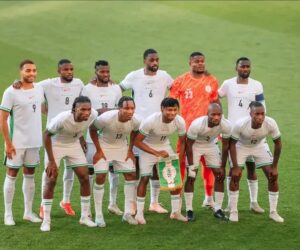Former Minister of Youth and Sports, Solomon Dalung, has blamed Nigeria’s failure to qualify for the 2026 FIFA World Cup on corruption, impunity, and what he described as “institutional hypocrisy” within the Nigeria Football Federation (NFF).
Nigeria’s World Cup hopes ended on Sunday night in Rabat after a 4–3 penalty shootout loss to DR Congo in the CAF playoff final, sending the Leopards to the Intercontinental Playoff at the Super Eagles’ expense.
Read Also: Nigeria’s 2026 World Cup hopes dashed after defeat to DR Congo
Speaking in Abuja, Dalung, who served under President Muhammadu Buhari’s administration, said the rot in Nigerian football has persisted for decades because powerful interests continue to resist accountability and reform.
Read Also: Chelle claims DR Congo used “Voodoo” in Super Eagles’ World Cup Playoff defeat
He recalled that upon assuming office in 2015, many mistook his modest appearance for inexperience. But he said he was already familiar with the systemic problems in the NFF, tracing his awareness back to his role in the government delegation to the 2002 AFCON in Mali.
Dalung recounted a dispute at the tournament between Captain Sunday Oliseh and the then Nigeria Football Association (NFA) over alleged arbitrary cuts to players’ bonuses.
He added that even his own estacode was withheld until the Nigerian embassy intervened.
These early encounters, he said, revealed a system in which “we work harder for failure than for success,” quoting an elderly cleaner who alleged that administrators benefit more financially when Nigeria exits competitions early and unspent funds go unaccounted for.
During his tenure, Dalung said efforts to demand transparency were dismissed as “ministerial interference,” while some NFF officials reportedly petitioned FIFA to block reforms.
He also criticised sections of the media for targeting the ministry instead of scrutinising the federation.
To address the crisis, Dalung said he set up a technical committee led by Col. Abdulmumuni and composed of former NFA executives, ex-internationals, coaches, government officials, and private-sector experts.
After wide consultations, the committee identified corruption, unpaid allowances, nepotism, impunity, and lack of transparency as the major obstacles to progress.
One of its most far-reaching recommendations, Dalung said, was for Nigeria to voluntarily withdraw from global football for six months and request a FIFA normalisation committee to overhaul the governance structure.
However, he claimed the presidency later wrote to FIFA disowning the ministry’s report without consulting him, a move he described as “a major victory for corruption and impunity.”
Dalung concluded that Nigeria’s current struggles, including repeated World Cup qualification failures since 2018, reflect the consequences of abandoning those proposed reforms.









